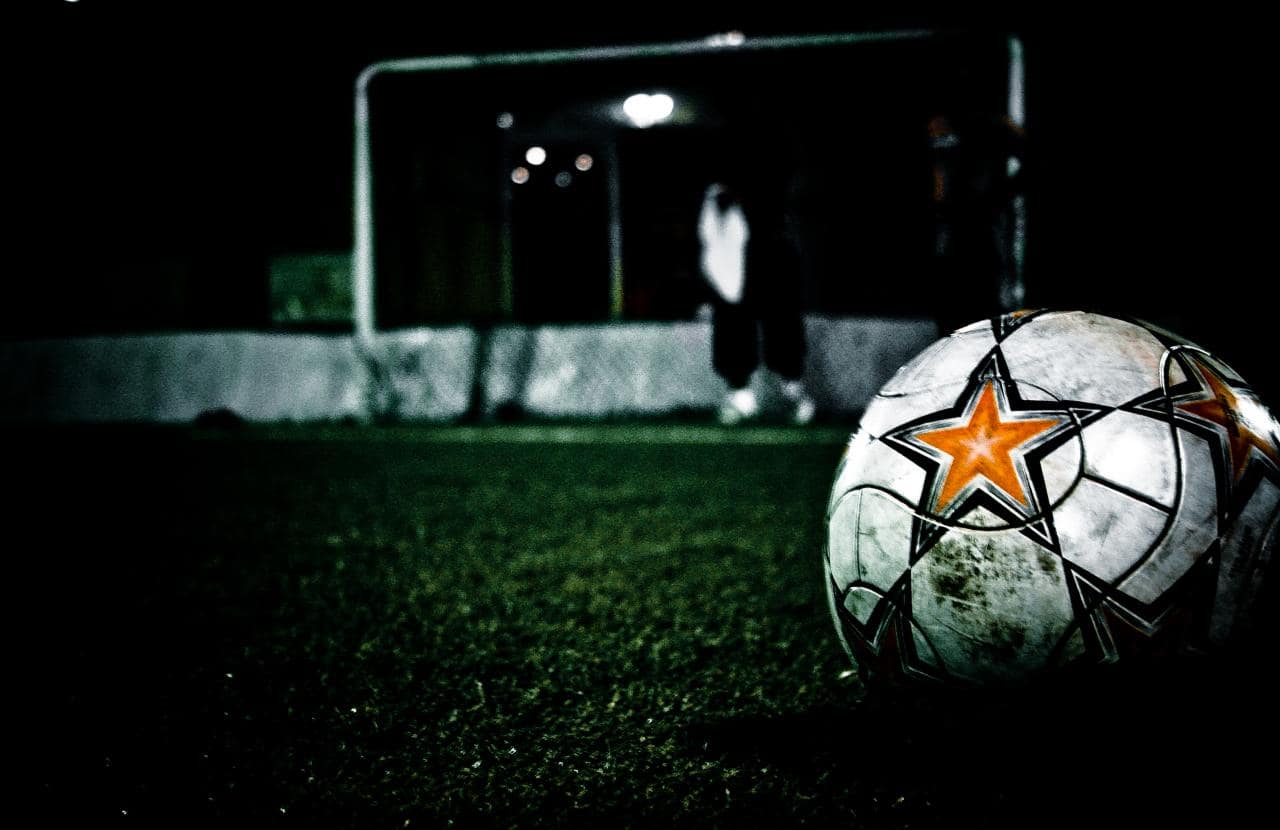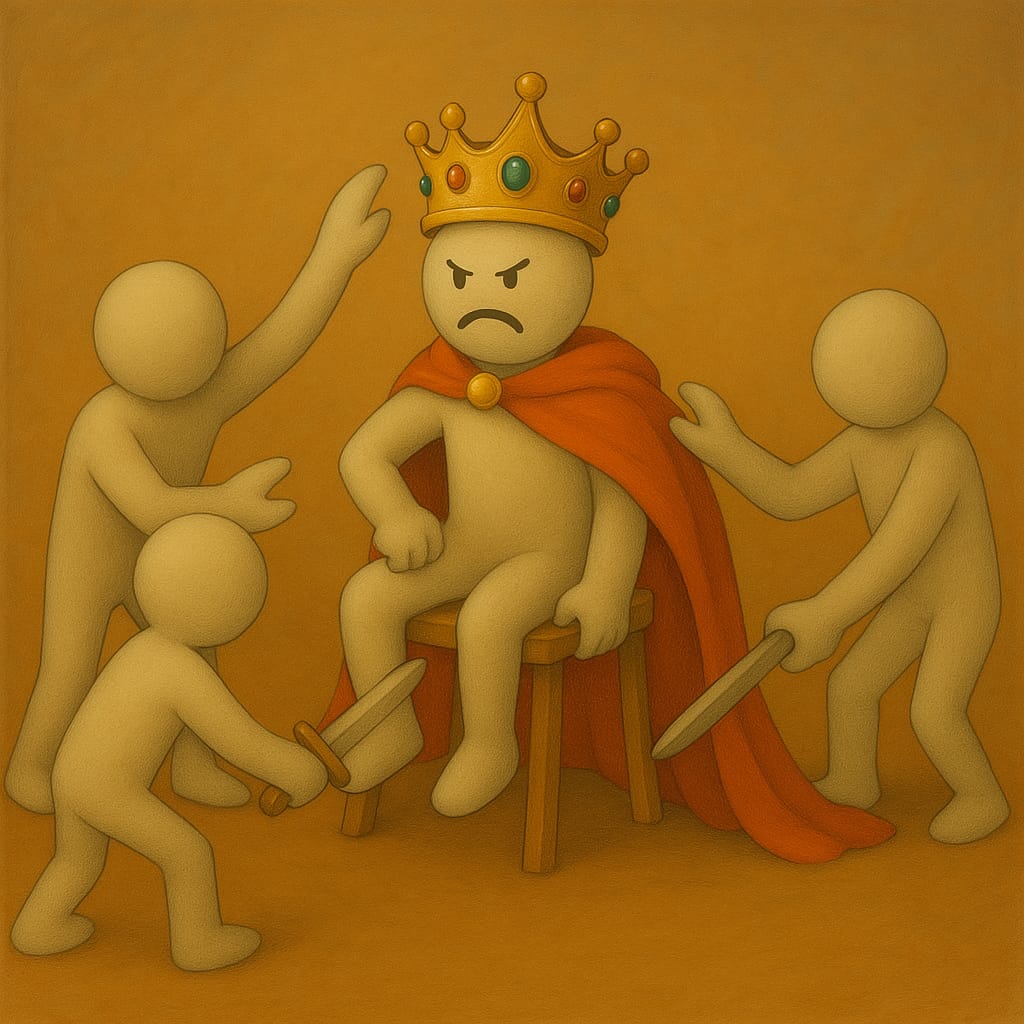
Missing the goal: Why goal frustration might lead soccer players to aggression
Second-year Psychology students participating in the University Honours College or in the Departmental Excellence Program complete a Research Seminar in which they learn to communicate science to various audiences, including the general public. For one assignment, the students write a popular science paper. This year a selection of these papers is published on Mindwise. Today’s piece is by Verena Ruppert.
Everyone has certain goals and aspirations. They may differ hugely between individuals but they always exist in some way or the other. And almost everyone should be familiar with the frustration that follows an experience of failure, when you actually really wanted something. Many people probably experienced this frustration when their teams exited the soccer World Cup in Brazil this year. Entire nations were disappointed and frustrated with the way the tournament played out – Germans excluded of course. But if the level of frustration in the fans was high, imagine how much more intense the World Cup must have been for the players.
With this in mind, the first incidents of players’ misconduct were hardly surprising. Reports of opposing teams insulting each other, and players resorting to physical violence, seemed to appear in the newspapers on a regular basis. The first major incident to catch attention during the World Cup was the assault of Luis Suarez, one of Uruguay’s key players, against the Italian defender Giorgio Chiellini. Out of frustration with the tight Italian defense, Suarez bit his opponent on the shoulder.
“Failure can lead to frustration; which in turn can lead to aggression”
But why did Suarez blatantly attack his opponent this way with all the cameras around? Failure can lead to frustration; which in turn can lead to aggression. And Suarez did experience goal frustration – in both senses of the word. However, his actions were hardly beneficial for him and his team as it only had negative consequences for his career. Suarez was retroactively banned for the next nine international matches and thus was banned from the world cup entirely, not helping Uruguay’s chances in the match against Colombia that followed. Apparently, his frustration level was so high that the primary goal of winning and supporting his team during the World Cup momentarily faded into the background.
Dr. Pontus Leander is an assistant professor in organizational psychology interested in these phenomena of goal-related frustration. Two fellow students and I got the opportunity to assist in his research in the course of the second-year Honours research internship. This was not only a great learning experience for us with respect to how to conduct research, but we also got the chance to delve into a really intriguing topic.
“By acting aggressively after experiencing failure, one can regain a sense of competence”
Dr. Leander proposes a loss of competence as a concept for understanding goal-related aggression. Most people do not particularly enjoy the feeling of not getting what they want, or the feeling of losing control. By acting aggressively after experiencing failure, one can regain a sense of competence. But however sensible this act may seem, it also paints a dark picture of human nature. Thus, we were not only interested in whether aggression could be a means of regaining competence after experiencing goal failure, but also whether pro-social behaviour could be just as effective. As people mainly want to have effective interactions with their environment, acting pro-socially could be an equally viable option as acting aggressively.
If this idea were to hold, it might have useful practical implications. Coming back to the example of Suarez, or sportsmen in general: if helping others instead of hurting them could also make one feel better about oneself, there might be opportunities for applying this knowledge in coaching the players. The relevance of this concept obviously does not only extend to the soccer field. It also has possible implications for many diverse areas in life. It could for example help explaining workplace aggression as well as all those small petty acts of frustration against friends or family. We could, for instance, try to refrain from picking a fight with our partner after a lousy day at work and instead do something nice for them. And it would make us feel better about ourselves, also in the longer term. While shouting might make us feel better at the moment, the negative consequences usually tend to prevail. A more amicable strategy of handling frustration would certainly be better for the relationship and mood of both parties.
“A more amicable strategy of handling frustration would certainly be better”
There seem to be various prospects for application. Sports matches could potentially run a slightly different course. Maybe four years from now, when watching the soccer world cup again, we would not see players spitting, swearing or biting. Maybe we would see them helping their team members instead to relieve their frustration, and actually playing fairer soccer.

Bio: In 2014-2015 Verena Ruppert will be a third-year student in the English Bachelor Program of Psychology. She is interested in many and broad fields of psychology, but particularly in clinical and social psychology.
NOTE: Image by Abdulram Alze3bi, licenced under CC BY 2.0



